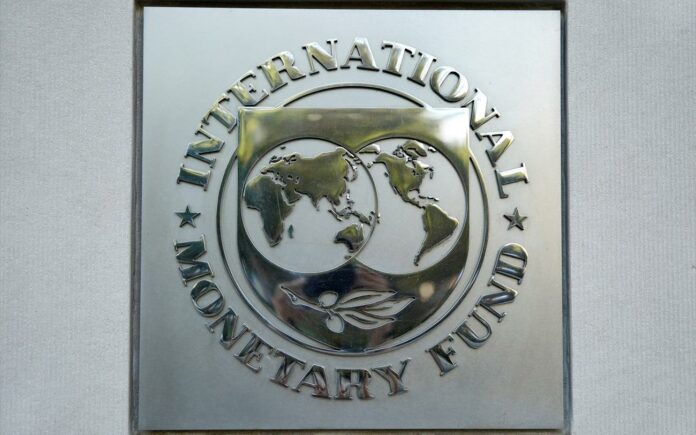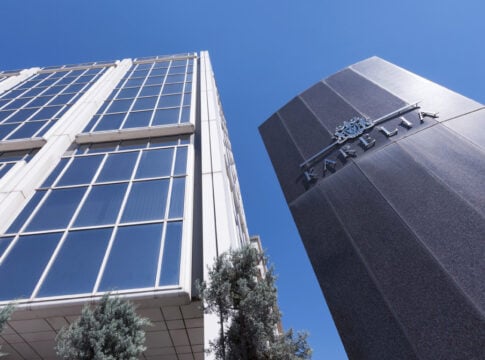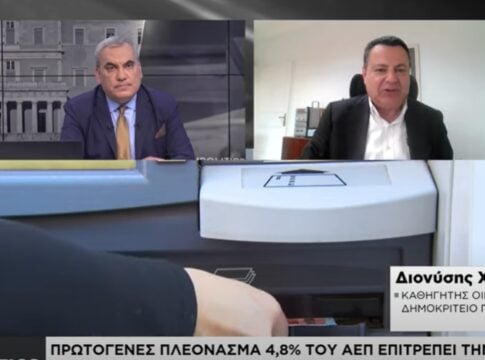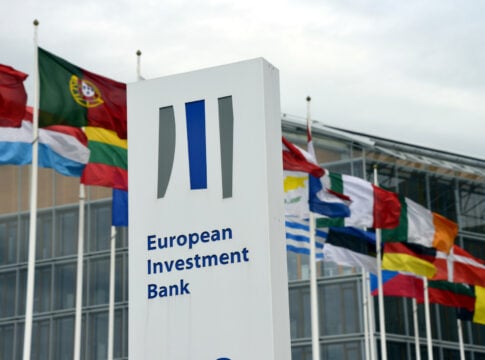Greece’s top finance ministry leadership heads to the US this week in search of much-needed investments in the thrice bailed-out country, as two stops are on the official itinerary, in New York City and in Boston.
Greek FinMin Euclid Tsakalotos and Alternate FinMin Giorgos Chouliarakis will meet with fund managers and would-be investors in the two metropolises.
Meanwhile, in a related development, the new head of the IMF’s mission to Greece, Peter Dolman, was quoted in the Sunday edition of Athens’ “Kathimerini” as warning that high primary budget surpluses (as a percentage of GDP) that the Tsipras government has committed Greece to achieving in the near future could threaten economic growth.
Dolman said medium-term debt relief measures and the framework of post-bailout supervision for Greece, agreed to by Eurozone finance ministers at last month’s Eurogroup meeting, did indeed improve “Greece’s prospects for accessing the markets.” At the same time he warned that a 3.5 percent of GDP fiscal target until 2022, and a 2.2-percent annual target until far-off 2060, “constrain the government’s ability to promote growth.”
“As a member of the Eurozone, Greece has lost the ability to implement an independent monetary policy. The fiscal constraints mean that there are very few tools left with which to boost economic activity,” Kathimerini quotes Dolman as saying.
Conversely, in echoing European creditors’ concerns, Eurogroup Working Group president Hans Vijlbrief expressed his direct opposition to any prospect of the poll-trailing Tsipras government not implementing a latest round of social security tax – set to come online on Jan. 1, 2019.
A handful of ministers of the leftist-rightist Greek coalition government have “hinted” at the possibility of suspending or even avoiding the coming austerity measure.
In statements to the Sunday weekly “Proto Thema”, Vijlbrief said the upcoming pension and tax reform, as well as possible countervailing measures, deal with the “credibility of the budget (execution), promotion of fairness and growth, as well as insuring a model for sustainable development, one which the citizens will trust… anything else would be self-destructive, and neither Greece nor its partners in the Eurozone want to walk this path again.”














